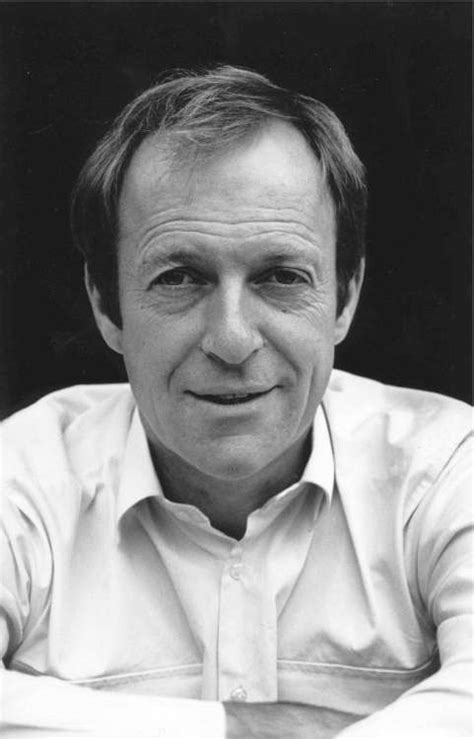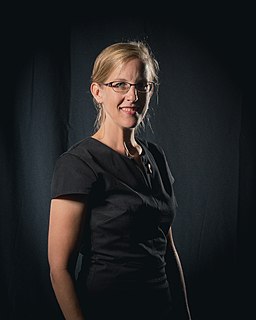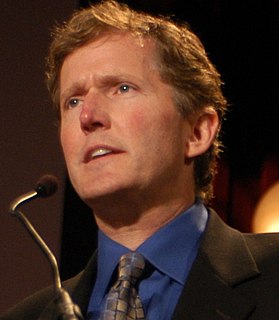A Quote by DJ Patil
There are some times, when you can predict weather well for the next 15 days. Other times, you can only really forecast a couple of days. Sometimes you can't predict the next two hours.
Related Quotes
Satellite photography in the 1970's gave rise to the long-range weather forecast, a month at a time. This in turn gave rise to the observation that the long-range weather forecast was wrong most of the time. In turn, this gave rise to the dropping of the long-range weather forecast and to the admission that really accurate forecasting could only cover the next day or two, and not always then.
One cannot predict the next mythology any more than one can predict tonight's dream; for a mythology is not an ideology. It is not something projected from the brain, but something experienced from the heart, from recognition of identities behind or within the appearances of nature, perceiving with love a 'thou' where there would otherwise have been only an 'it.'
The ideal time for writing a [television] script is four days, though sometimes it has to be two or three days depending on the deadline. If it's two days, sometimes there are things I see that don't work as well. If I have two weeks, the scripts get kind of flabby and lack the adrenaline that a sense of deadline fills you with.

































